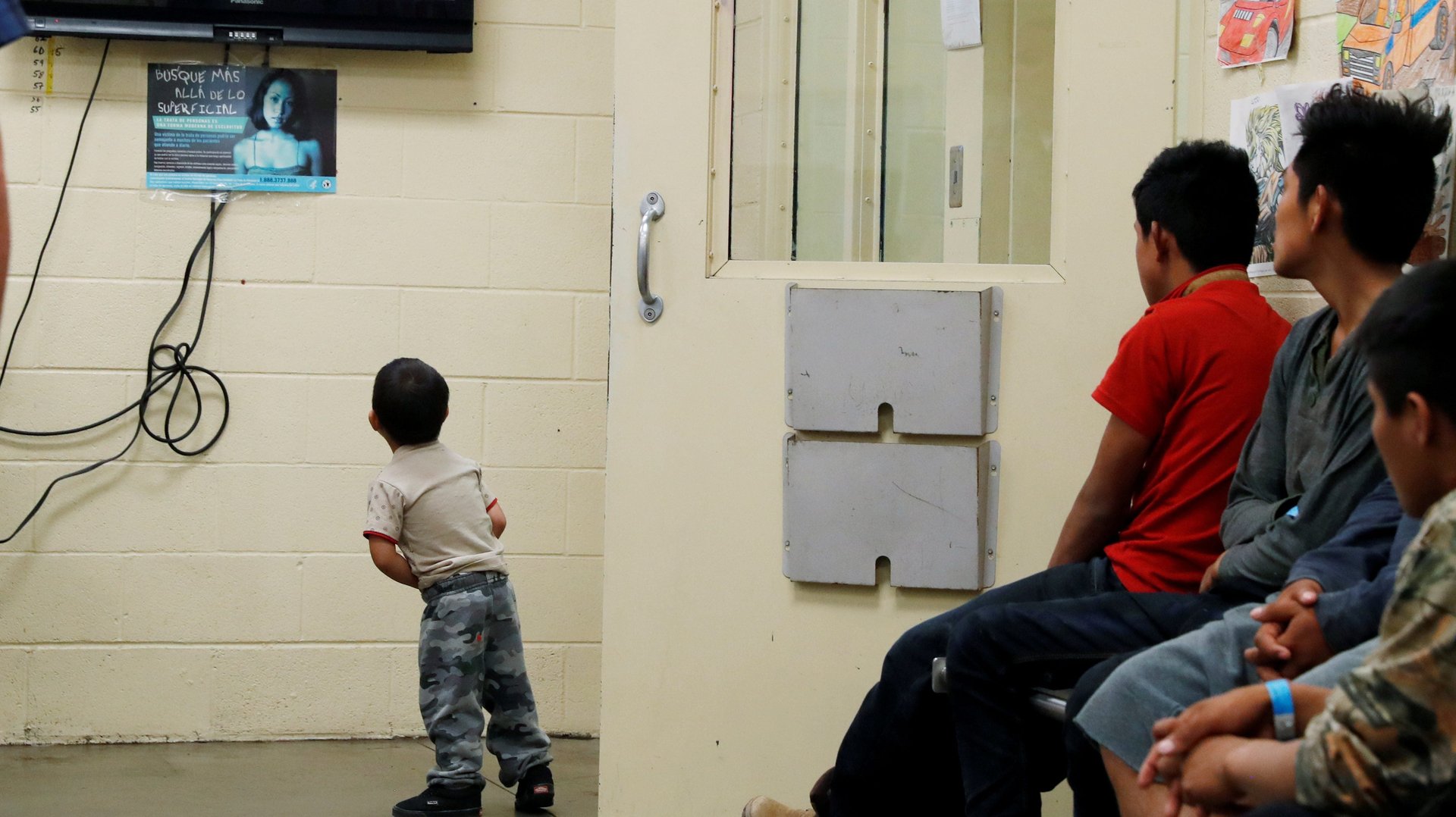Despite Trump’s hard line on immigration, Justice Department pursues fewer prosecutions
Although US president Donald Trump says he remains committed to curbing illegal immigration by any means possible, criminal prosecutions for immigration-related offenses have dropped dramatically in the last year.


Although US president Donald Trump says he remains committed to curbing illegal immigration by any means possible, criminal prosecutions for immigration-related offenses have dropped dramatically in the last year.
According to new data obtained by the Transactional Records Access Clearinghouse (TRAC) at Syracuse University, the number of criminal prosecutions referred to the Department of Justice by immigration enforcement agencies, and then pursued by prosecutors, fell from more than 13,000 in October 2018 to just over 8,000 a year later—a decline of almost 40%.
Before Trump assumed office, crossing the border illegally was generally considered an administrative violation, not a criminal offense. That changed in 2018, when the Trump administration announced its so-called zero-tolerance policy for illegal immigration.
Former attorney general Jeff Sessions unveiled the policy in a harshly-worded statement at the time: “To those who wish to challenge the Trump Administration’s commitment to public safety, national security, and the rule of law, I warn you: illegally entering this country will not be rewarded, but will instead be met with the full prosecutorial powers of the Department of Justice,” Sessions wrote.
Trump and Sessions believed that a zero-tolerance policy would discourage immigrants and asylum seekers from crossing the border, or at least force them to seek legal ways to enter the country. Then-secretary of the Department of Homeland Security, John Kelly, also believed zero-tolerance would act as a deterrent to border crossers.
But despite the president’s oft-repeated claims that the plan is working, it doesn’t appear that it is. The recent sharp drop in criminal prosecutions isn’t the result of fewer people attempting to cross the border illegally. In fact, the number of apprehensions at the border have risen significantly since March 2019.
Although the administration said its aim was to prosecute 100% of people apprehended at the border, the actual numbers in the year after the policy’s enactment hovered in the 30% to 40% range. Now, the figures are almost half that. The decline in prosecutions coincided with Sessions’ departure.
According to the TRAC report, fewer prosecutions of immigration-related criminal offenses suggest that the Justice Department is instead directing more resources toward other criminal violations instead—focusing on issues with potentially more immediate impacts on public safety, like drug offenses, illegal weapons possession, or white collar crimes.
The number of prosecutions of these types of crimes, in particular drug-related crimes, had previously dropped due to the increased demands of prosecuting illegal immigration.